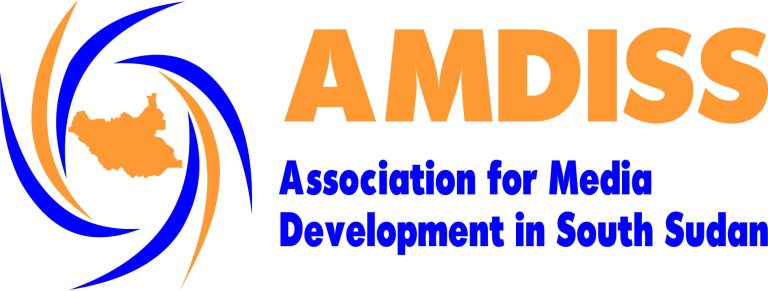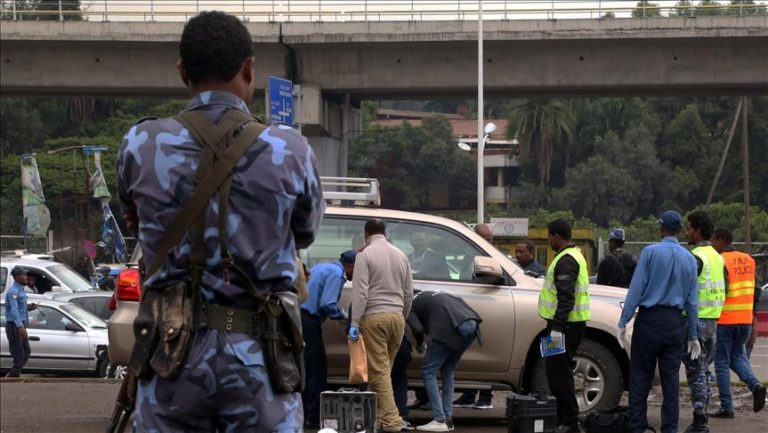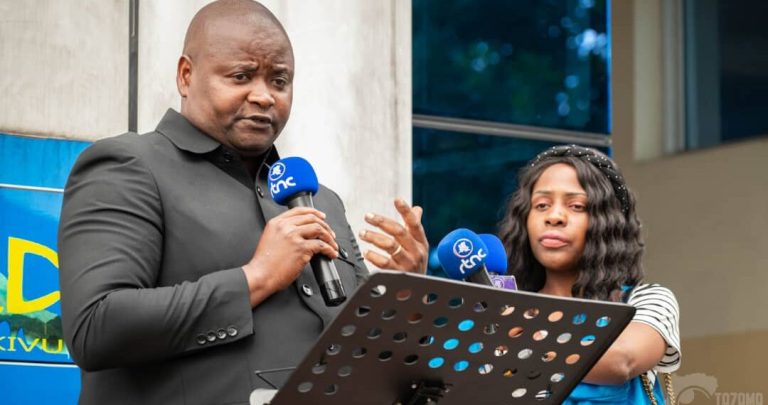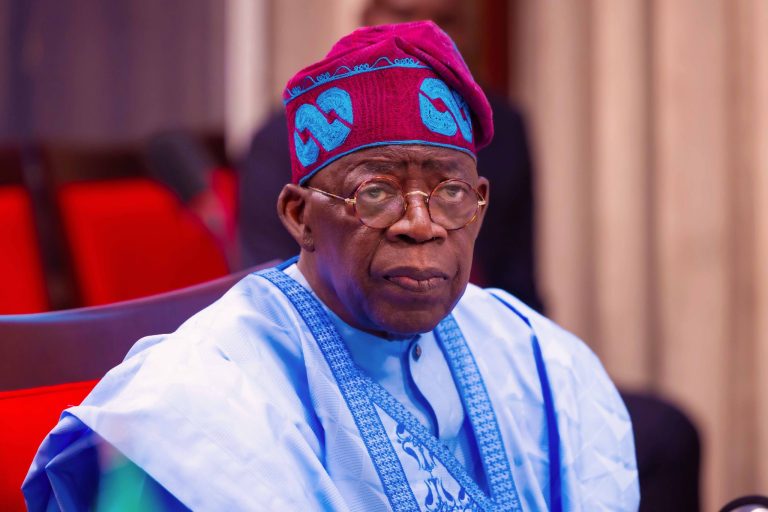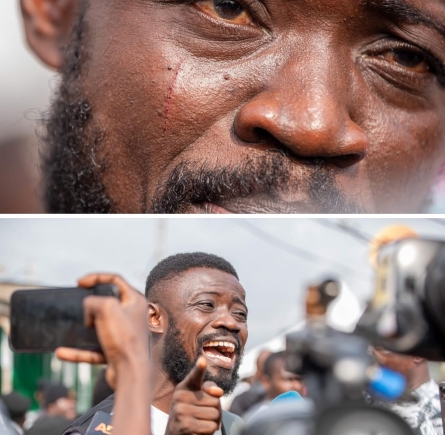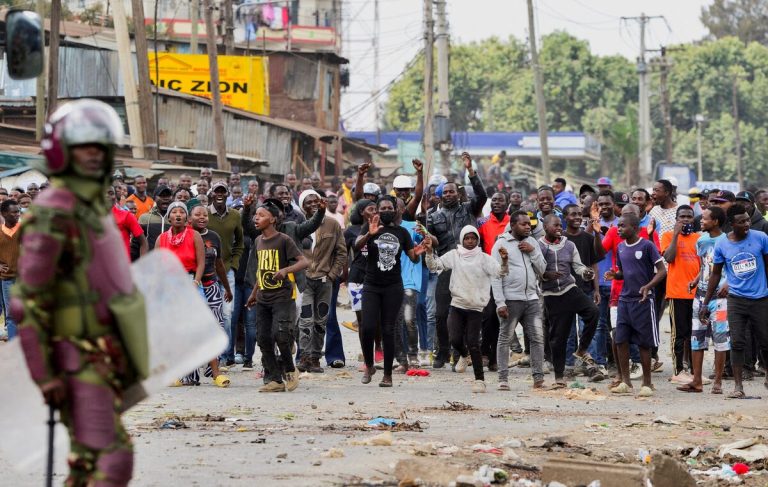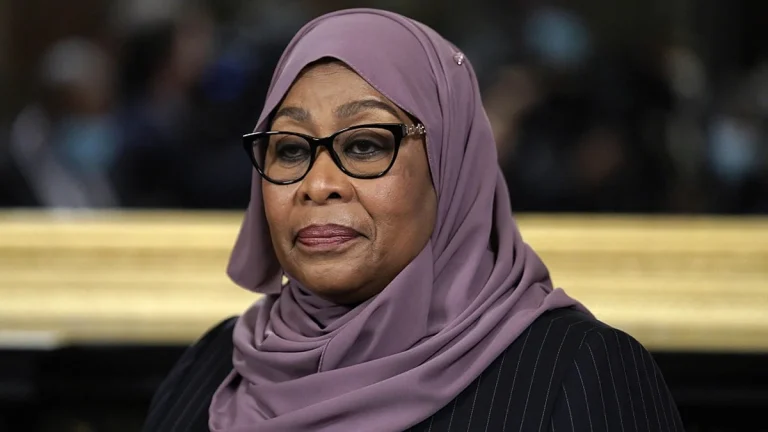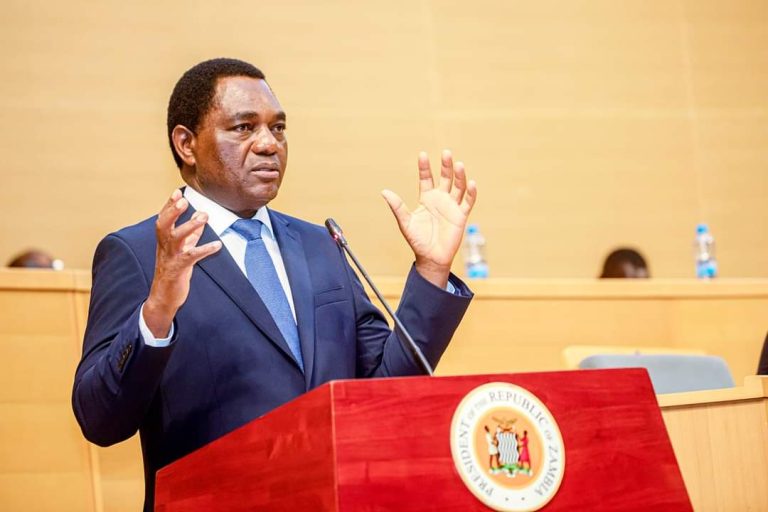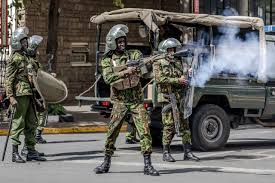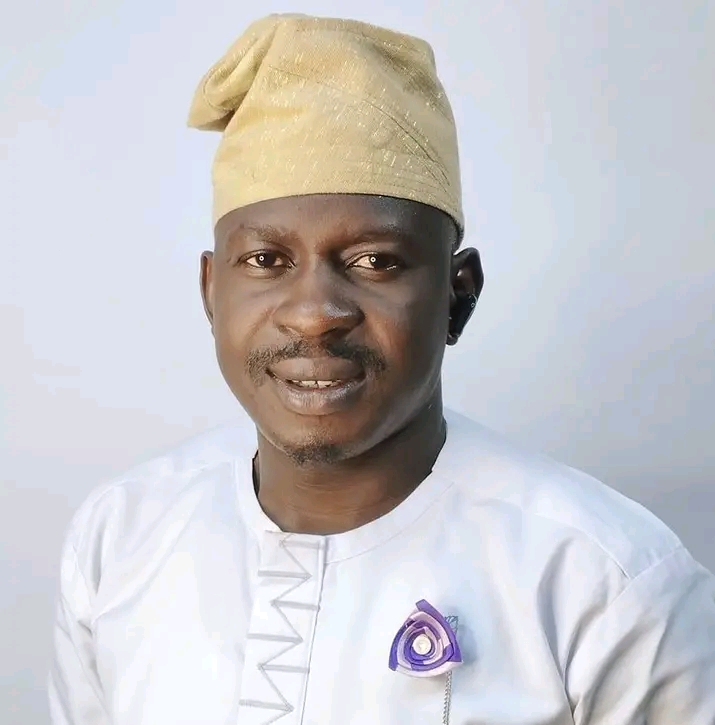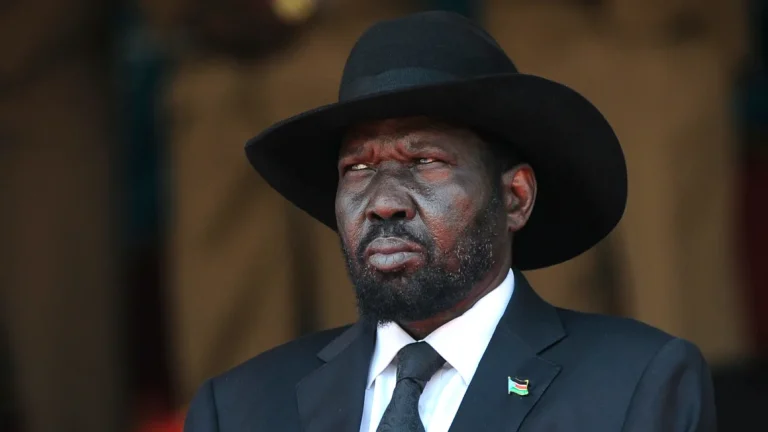Two and a half years after the African Commission on Human and Peoples’ Rights (ACHPR) adopted the Resolution on the Protection of Women Against Digital Violence in Africa, its implementation remains a pipe dream. With Technology-Facilitated Gender-Based Violence (TFGBV) continuing to proliferate across the continent, the Collaboration on International ICT Policy for East and Southern Africa (CIPESA) is challenging African governments to use the occasion of International Women’s Day to commit to taking legislative and practical measures to implement this pivotal resolution.
ACHPR/Res. 522 (LXXII) 2022 is important as it offers ground breaking approaches to addressing digital violence against women on the African continent. While the digital realm should be a space of innovation and empowerment, it has become a battleground where women face harassment, intimidation, and violence. The non-consensual sharing of intimate images, sexist hate speech, misogynistic disinformation campaigns, cyberstalking, cyber bullying, cyber flashing, unsolicited sexually explicit content, doxing, deep fakes, trolling and mansplaining have steadily increased and contributed to a growing digital gender divide in Africa.
This digital gender divide further exacerbates existing inequalities and hinders progress towards achieving gender equality in the region, stripping girls and women of their voices and hindering meaningful participation in online discourse. The inequalities also hinder the attainment of Sustainable Development Goals, including Goal 5 that, among others, aims to advance gender equality and the empowerment of all women and girls as a prerequisite for development.
Given the snail-speed implementation of the 2022 Resolution, in 2024 the Commission adopted another resolution, ACHPR/Res.591 (LXXX) 2024, which mandates the Special Rapporteur on the Rights of Women in Africa and the Special Rapporteur on Freedom of Expression and Access to Information in Africa to undertake a study on the causes, manifestations, and impacts of digital violence against women in Africa. It also aims to further the development of comprehensive norms and standards to assist countries in addressing TFGBV.
This Resolution underscores the need to fulfill Article 9 of the African Charter on free expression and access to information, and Article 4 of the Protocol to the African Charter on Human and Peoples’ Rights on the Rights of Women in Africa on the rights to life, integrity and security of the person of the woman.
According to CIPESA’s Programme Manager, Ashnah Kalemera, governments are not to be reminded of their obligations with regards to gender equity online but should take all the necessary measures and “accelerate actions including adopting appropriate laws to address TFGBV.”
While TFGBV has become a major global challenge, many approaches adopted to tackle it on the continent either fall short of the capability to hold those responsible for rights violations accountable, or focus on curtailing the digital civic spaces. For example, electoral periods such as in Uganda have witnessed multiple reports of targeted online violence against women, with some existing laws on cybercrime often targeting the female victims and not the perpetrators of gender-based violence online.
In a recent report on Kenya, almost 90% of young adults enrolled in tertiary institutions in the country’s capital Nairobi have reportedly suffered gender-based violence in online spaces, with 39% having experienced the harms personally. These harms, according to the study, are more pronounced amongst females (64.4%) in comparison to males (35.5%). Meanwhile, sexism and sexualisation of content such as in Zimbabwe and Uganda, attacks on female journalists in Ghana, Namibia and Tanzania, the harassment of female journalists in South Africa and against women in politics in Kenya continually undermined their political and public affairs.
Guided by this year’s theme, Accelerate Actions to commemorate International Women’s Day, CIPESA calls on African governments to undertake the following actions to implement Resolution ACHPR/Res. 522 (LXXII) 2022.
Adopt Gender-Sensitive Legal and Policy Frameworks
Adoption of gender-sensitive legal and policy frameworks is critical to provide the legal basis for addressing TFGBV. States, technology companies including social media platforms, media and news organisations, and other stakeholders should recognise online violence from a gender lens, enact laws and policies that employ gender-balanced language, criminalise all forms of online violence and prioritise the digital safety of women and girls.
Evidence-Based Research for Gendered Actions
Evidence-based research is crucial for innovation and development of effective gendered actions to inform targeted interventions, policies, and programs that aim to combat online violence. Data that establishes the nature, prevalence, extent and the risk factors of TFGBV and the impact it poses should be collected and analysed by states alongside other stakeholders like CSOs. Such studies can be the foundational basis for identifying and addressing the root causes of the violence for more effective gendered actions against the vice.
Capacity Building and Awareness Raising
In line with the resolution, there is a need for capacity building and awareness raising in addressing TFGBV. Capacity building and awareness raising through various fora such as the media has the capacity to empower governments, individuals, communities, and institutions to understand, prevent, and respond to violence against women. Programmes such as digital literacy, advocacy interventions, community and network-led education, and capacitating law enforcement officers, the judiciary and other institutions will contribute to the wider goal of addressing online violence targeting women. Specific efforts in privacy awareness, online safety and digital hygiene will contribute to the creation of safer spaces for women who are disproportionately targeted by online violence.
Cooperation with Stakeholders including CSOs and Service Providers
The Resolution calls for cooperation of states with stakeholders including CSOs and service providers to end TFGBV. Collaboration amongst these players can help to combat TFGBV. CSOs can continually play the watchdog role of outreach and monitoring state efforts and activities. Service providers should engage in promoting responsibility over content and enhance accountability over the use of the online spaces and platforms. Similarly, there should be joint efforts to end violence against women such as through information sharing, capacity building, conducting joint campaigns and employing policy advocacy and tech solutions such as use of technology tools to track and investigate suspected cases of violence against women.
Protection and Support for Victims
The effects of violence in any form can be devastating. The devastating effects call for mitigation of the harm caused and empowering of survivors to heal and seek justice. States need to adopt comprehensive approaches which facilitate mitigation of harms including taking appropriate action for immediate support and providing safe spaces for survivors, safety planning and documentation of evidence. Similarly, clear mechanisms for reporting and redress including law enforcement and legal assistance for survivors can go a long way in victim support. Psychological and emotional support and providing self-care resources are also key. Additionally, digital security and privacy support, community support and advocacy such as awareness raising, provision of specialised services such as trauma-informed care and culturally sensitive services, and education including digital literacy programmes and public awareness aimed at enhancing preventive measures are important strategies for combating TFGBV.
Buttressing Prevention Measures
The ACHPR/Res. 522 (LXXII) 2022 enlists a number of actions which African Union Member States should undertake. If undertaken, these actions could check on tech-enabled violence against women. They could also be the basis upon which equality in the enjoyment of fundamental rights and freedoms in the online space can be achieved. By strengthening prevention measures, a society that is pro-rights and freedoms that ensures a safe and inclusive space for empowering women and girls will be attained. Thus, individuals, groups, and communities through buttressed approaches will be equipped with knowledge, tools and skills to prevent, respond to and combat online violence.
Conclusively, the ACHPR/Res. 522 (LXXII) 2022 is a step forward in the fight against gender discrimination and women targeted violence in the online spaces. It sets a powerful benchmark for dealing with and addressing TFGBV. Its multi-faceted approach of bringing various stakeholders including governments, civil society, and the private sector together and, dealing with the issues in a comprehensive manner especially by states, provides a progressive roadmap for creating a safer and more inclusive online environment for women across Africa.




